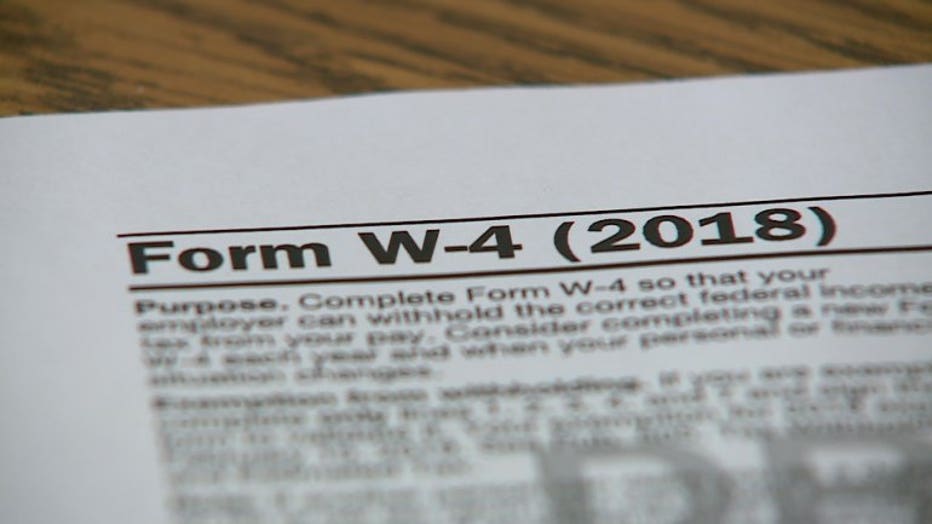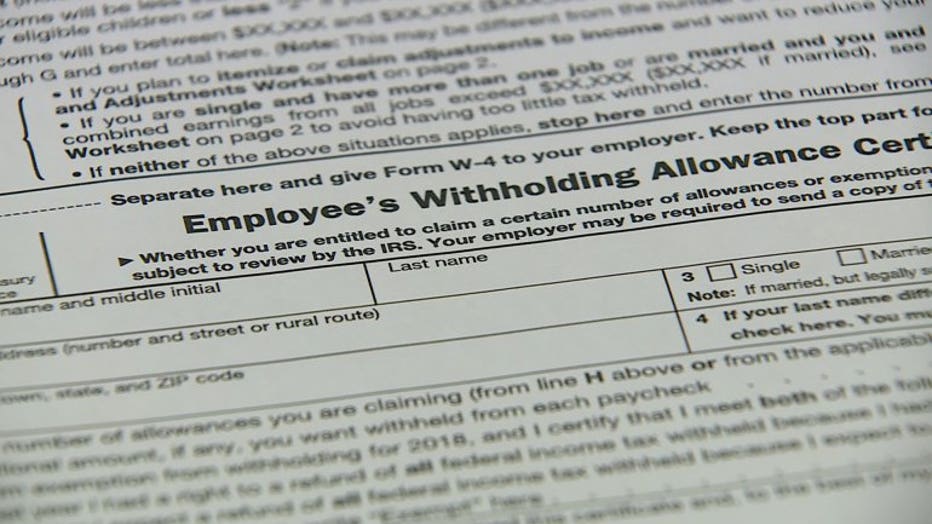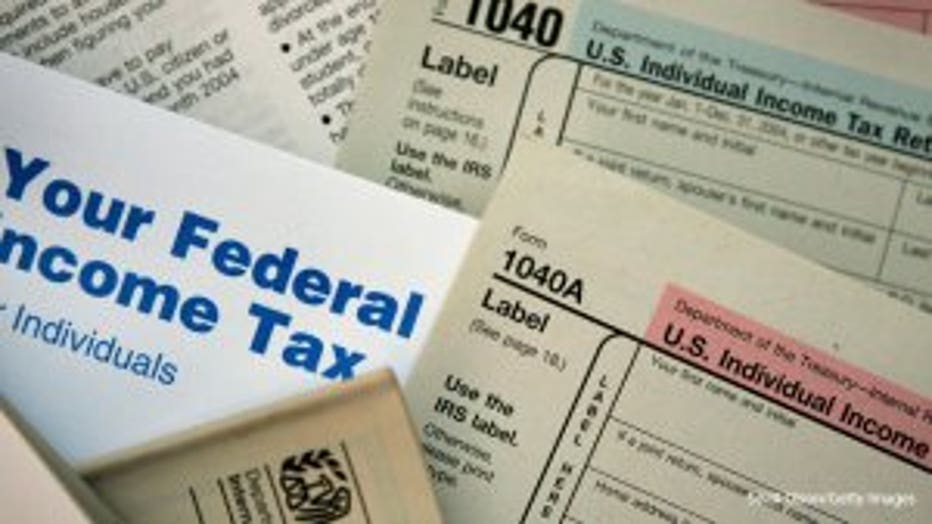Notice more cash in your paycheck? Here's what's going on, what you need to know
MILWAUKEE -- Friday means pay day for a lot of people. Some of you may have already noticed a little more cash in your paycheck this early February. That is because the new Republican tax reform bill has gone into effect.
According to the U.S. Treasury, about 90 percent of people will see more take-home pay in their paychecks because of the new tax laws. Tax consultants like Nicholas Hammernik are advising clients to pay close attention to this reform.

Nicholas Hammernik
"Right now, we are concentrated on preparing 2017 tax returns. When we are meeting with clients, we are kind of taking a look at possible situations in 2018 where the new tax laws may affect them," Hammernik said.
The cuts mean you could end up with too much take-home pay -- and get stuck with a bigger bill the following tax season. The other scenario is too much will be withheld and your take-home pay will be smaller than it should be.
Figuring out your take-home pay depends on how you have filled out your W-4 form. It is something you have the option to revisit if you notice an unwanted change in your paycheck.

Hammernik is asking clients to come back around May or June, one the IRS finalizes the calculation tables for the 2018 W-4 forms. It could mean you need a new strategy for the year.
"Halfway through the year, there is still plenty of time and inform someone of changes that need to be made in 2018," Hammernik said.

Hammernik said the goal is to break even come tax season. But how to reach that goal is up to his clients.

CHICAGO - NOVEMBER 1: Current federal tax forms are distributed at the offices of the Internal Revenue Service November 1, 2005 in Chicago, Illinois. A presidential panel today recommended a complete overhaul of virtually every tax law for individual
"Every situation is different, everyone's philosophy is different on what a tax refund is. That's kind of the way we approach it," Hammernik said.
IRS officials say they will be publishing a new online calculator by the end of February that can help you decide how to adjust your allowances based on the information you provide on your income level and number of children under the age of 17.

